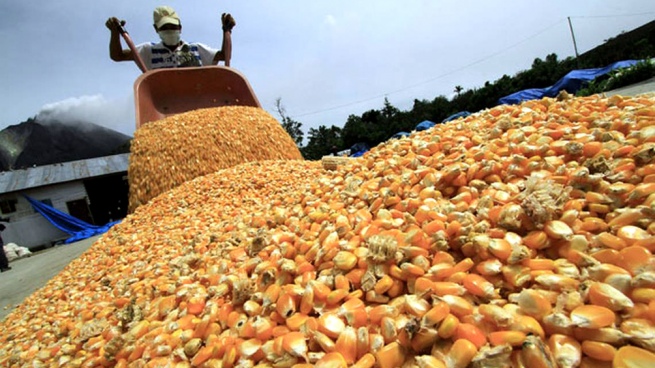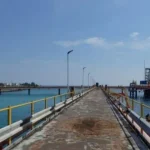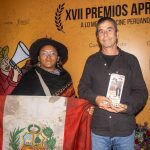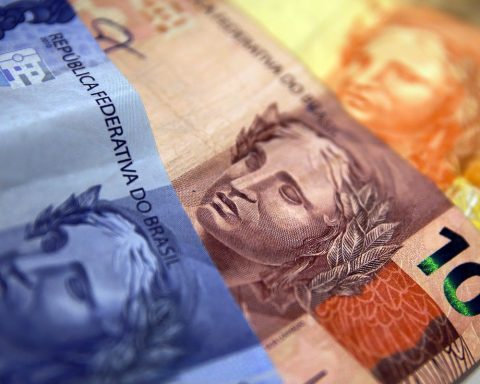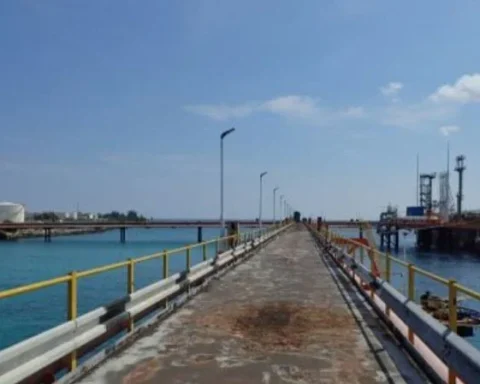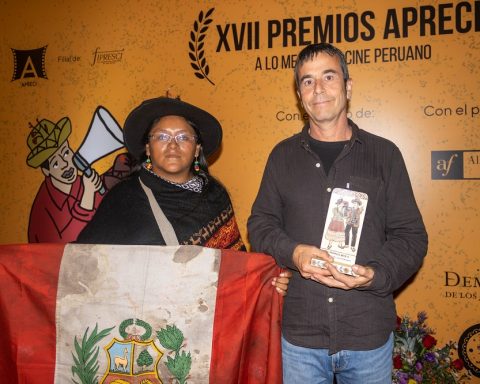The Governments of Spain and Portugal they removed their phytosanitary barriers and thus became the first to open their markets to the entry of corn from Argentinaafter the authorization granted by the European Union (EU) for each member of the bloc to relax the requirements in order to resolve the supply of raw materials discontinued due to Russia’s invasion of Ukraine.
“The truth is that we don’t want to talk about opportunities in the middle of a war, what is certain is that this situation the world is experiencing changes a paradigm, regarding detection limits and genetically modified organisms (GMOs) that seemed absolutely consolidated” sources from the Ministry of Agriculture told Télam.
They also noted that “now, the European Union begins to make some of these concepts more flexible based on its food security, so what this does is increase demand and also put better prices on products that we were already marketing”.
“What is unfortunate is that this is taking place within the framework of a military conflict,” they insisted on remarking from Agriculture.
On the Foreign Ministry side, they also confirmed to Télam the opening of these markets for the entry of Argentine cornor, although they specified that important movements have not yet been registered.
The decision of both Spain and Portugal has been two weeks since it was made official through two resolutions, in the first case from the Ministry of Agriculture; and in the second, from the General Directorate of Food.
It was after the call of the European Commission (EC) to a meeting in which the measures to be adopted with the aim of relax certain phytosanitary requirements applicable to imports from third countrieswithin the framework of the applicable community regulations and based on the risk analysis carried out by each member state.
Thus, the Spanish Ministry of Agriculture published a resolution by which “the specific requirements for the importation of corn from Argentina and Brazil are temporarily relaxed, which will facilitate the entry into Spain of raw materials intended for animal feed that replace the stoppage of imports from Ukraine due to the war situation in which this country finds itself after the Russian invasion”.
Prior to this decision, The Spanish government body met with the Spanish Association of Foreign Trade in Cereals and Analogue Products (Aecec) “to analyze the flexibility measures that affect corn from Argentina and Brazil.”
“Based on the information provided by the Aecec and, after carrying out the corresponding risk analysis in relation to 10 plant protection products, it has been concluded that six of them do not present any problem in light of current legislation”, the Ministry specified.
He indicated that “for the remaining four, it was agreed to establish an upper limit in accordance with the aforementioned risk analysis, relative to the maximum limits of pesticide residues in food and feed of plant and animal origin.”
Thus he concluded that “This measure solves the technical problems raised by the imported sectorry offers both certainty and flexibility, without compromising food safety.”
“In this way, the importing sector can buy corn for animal feed in the main producing countries in the world and, with this, guarantee the link in the supply of the livestock sector in Spain”, indicated the Ministry.
For his part, the The Portuguese government highlighted in its resolution that “the national supply of raw materials such as corn, rapeseed and sunflower has been significantly ensured by Ukraineso the invasion of this country by Russia generated a strong disturbance in the market, preventing its export to Portugal”.
Thus, he considered that “it is important to immediately adopt exceptional measures to authorize the placement and exclusive use in the national market of raw materials for animal feed from third countries and that eventually do not comply with the maximum residue limits (MRL) for pesticides established at EU level, while safeguarding their safety”.
That is why it determined that “in these terms, temporary MRLs will be set at the national level for certain pesticides and raw materials of greater relevance, imported from third countries and intended for animal feed”.
He specified that “the MRLs to be set only apply to raw materials of plant origin intended for animal feed and will take into account a prior risk assessment to guarantee their safety, which includes the average rate of incorporation of the raw materials in the product final”.
